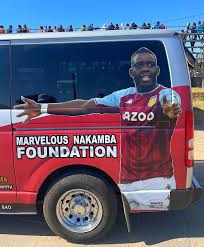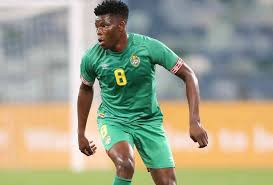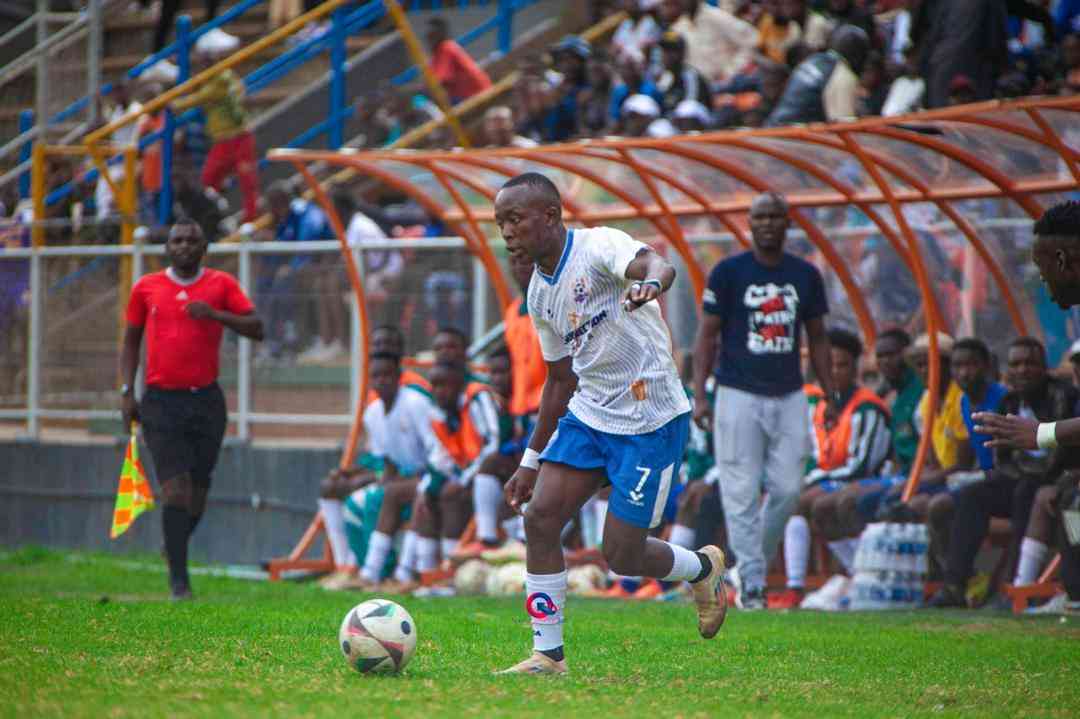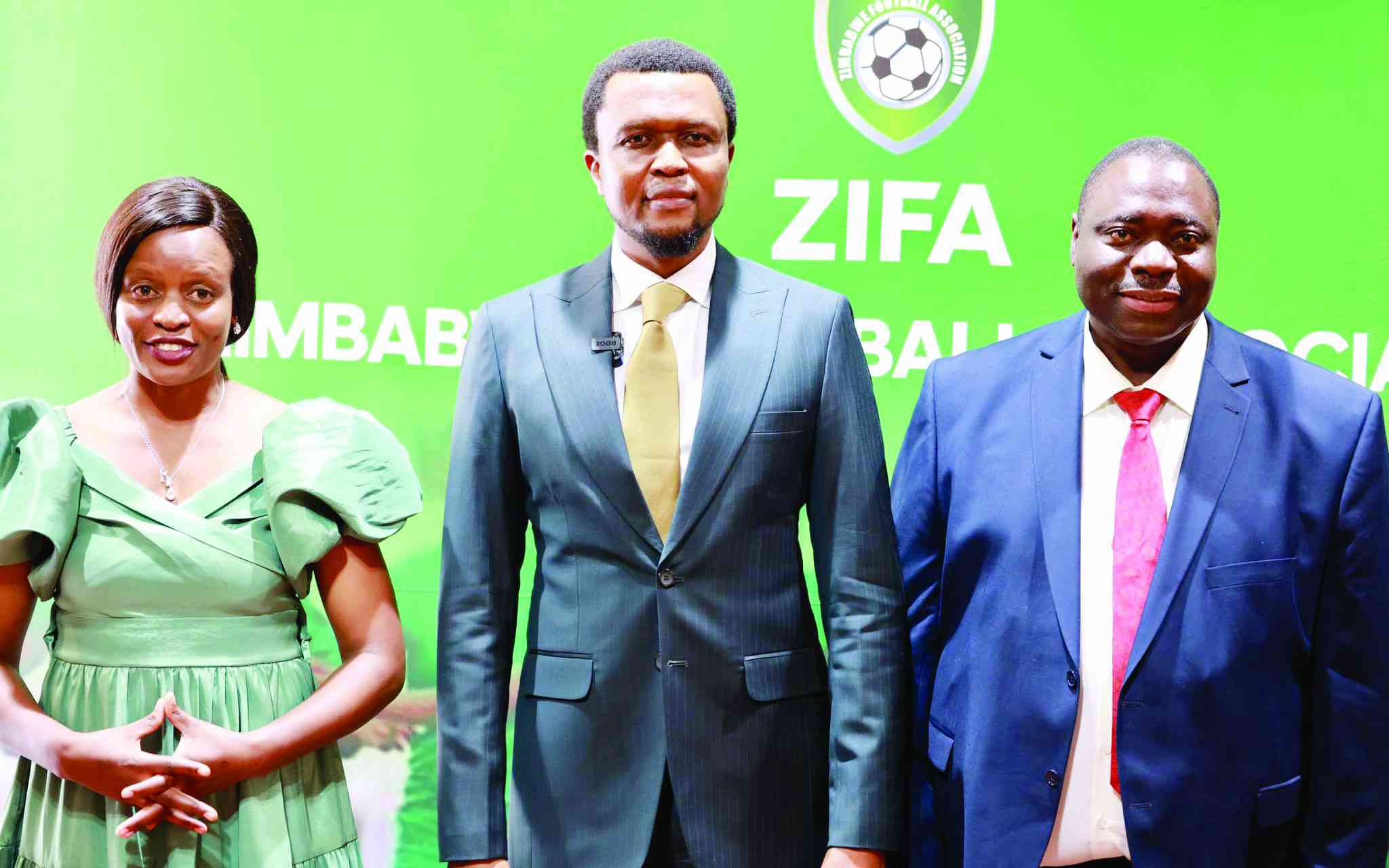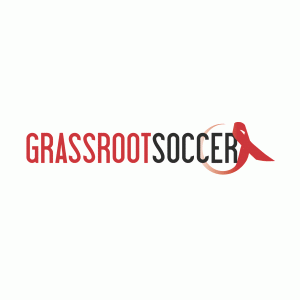
AS the world commemorates World Mental Health Day today, Grassroots Soccer (GRS) is leveraging the power of soccer to educate and empower young people through its innovative MindSKILLZ programme.
The MindSKILLZ programme combines soccer-based activities with interactive discussions and mentorship through community role models and caring mentors, known as SKILLZ Coaches.
Developed in partnership with the Mental Health Department of the Health and Child Care ministry, the World Health Organisation’s (WHO) Special Initiative, and local partner Pamumvuri, MindSKILLZ aims to equip 3 500 in and out-of-school adolescents aged 10 to 19 with vital life skills.
“Soccer is more than just a game in Zimbabwe. It’s a unifying force, a universal language that transcends cultural and socio-economic boundaries,” says Happy Ncube, partnerships programme manager at GRS.
This sentiment echoes the organisation’s mission to use soccer as a tool to address critical issues affecting young people.
Launched on May 24, the pilot programme has already shown promising results.
Forty-three coaches have been trained, while the adapted 12-session MindSKILLZ curriculum has been implemented in schools and community settings across Bulawayo and Harare provinces.
The first cohort of participants graduated in July.
- 39 school kids arrested over Byo ‘sex party’
- Grassroots Soccer kicking mental health issues out of the way
Keep Reading
The WHO has designated MindSKILLZ a 2024 priority mental health intervention for adolescents in Zimbabwe.
In a speech delivered on his behalf by the Masvingo Provincial Affairs and Devolution permanent secretary Addmore Pazvakavambwa at the National Education Conference and Expo in Masvingo last month, Primary and Secondary Education minister Torerai Moyo emphasised the programme’s importance in addressing Zimbabwe’s mental health issues.
The programme’s impact is evident in its pre/post mental health challenge data to gauge participant’s knowledge and behaviour change.
Significant improvements have been recorded, including a 32% increase in health-seeking behaviours, a 22% improvement in essential mental health coping skills, a 20% gain in mental health general knowledge and a 46% reduction in stigmatising behaviours related to mental health.
The WHO-5 Well-being Index mean scores also demonstrate a notable increase, from 75.6 (pre-MindSKILLZ) to 92.1 (post-MindSKILLZ).
MindSKILLZ could be the solution to overcoming mental health issues in Zimbabwe and beyond.
By harnessing soccer’s unifying power, GRS is empowering young people to take control of their mental well-being.
“MindSKILLZ is more than just a programme. We are playing for life,” Ncube added.
GRS was founded in 2002 in Bulawayo on the principle that soccer can be a powerful tool for social change.
By using soccer to educate, inspire and empower adolescents in disadvantaged communities, GRS aims to help young people to live healthier and more productive lives.



